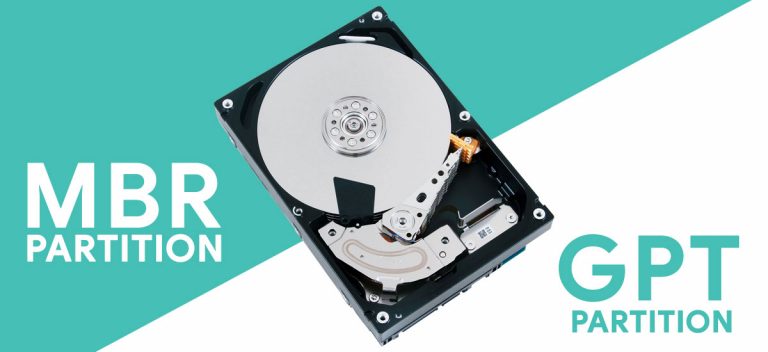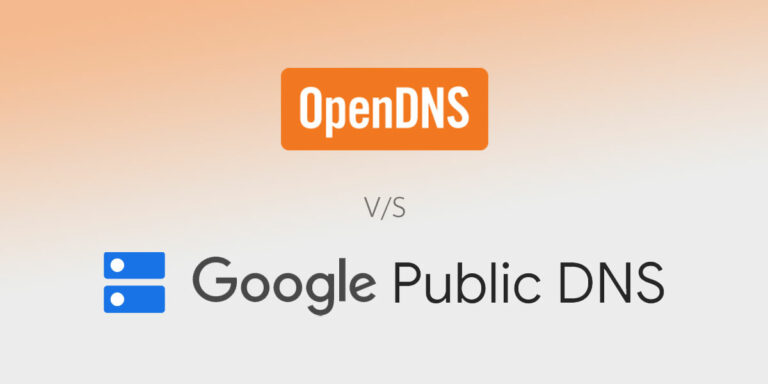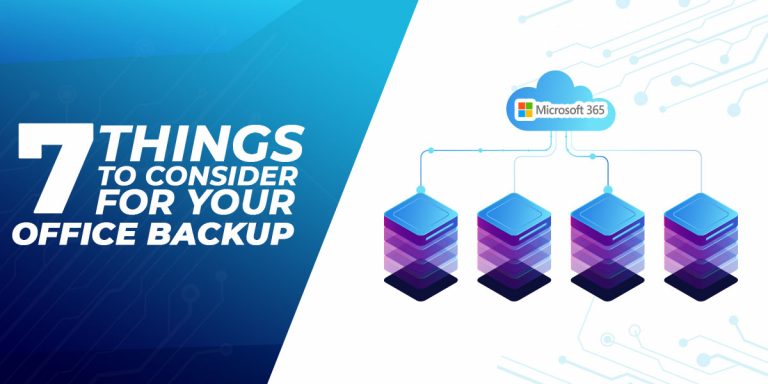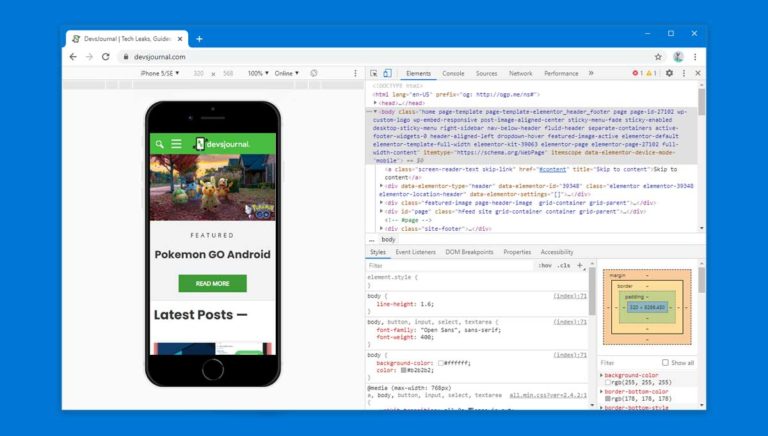
Blockchain, cryptocurrencies, smart contracts, and related technologies have recently become the subject of unprecedented hype. Even the laziest and most passive everyday people are trumpeting it from every swamp. Hence, the huge demand for smart contract development services.
Many startups and companies with a history and experience in IT, services, retail, and the real economy are considering incorporating blockchain into their operations. More than 100,000 companies have already done so.
The growth of blockchain has resulted in smart contracts. With the introduction of blockchain via bitcoin, it was evident that it is rudimentary blockchain technology. However, it established the powerful concept of decentralization and how it may be utilized to solve various problems in various industries.
Ethereum was released in 2015 by Gavin Wood and Vitalik Buterin. It marked the beginning of the second generation of blockchain technology, which brought new concepts and strategies for dealing with distributed ledgers. One of these solutions was smart contracts, which automated the entire blockchain network.
This article will discuss the basics of Smart Contracts and smart contract real-world applications that are popular in current landscape of smart contracts.
What Are Smart Contracts?
Smart contracts are paperless digital codes that deliver a set of promises depending on predefined parameters agreed upon by the parties. In other words, when a condition is met, the parties may take action or launch a series of activities.
Smart contract codes are uploaded to the blockchain to validate a contract and enable the essential procedures. When smart contracts are written in blockchain, they are automatically executed. Smart contracts differ from normal contracts in that they are enforced by cryptographic code rather than a third party.
We can presume that the vending machine does it mechanically. As a result, the following attributes are validated:
- There are no other parties involved in the transaction.
- When you insert your coin into the machine and choose your product, it will deliver it to you immediately if you meet the terms and conditions, which are as follows: your coin must be of equal or more value than the item you desire to purchase.
Smart Contract Use Cases
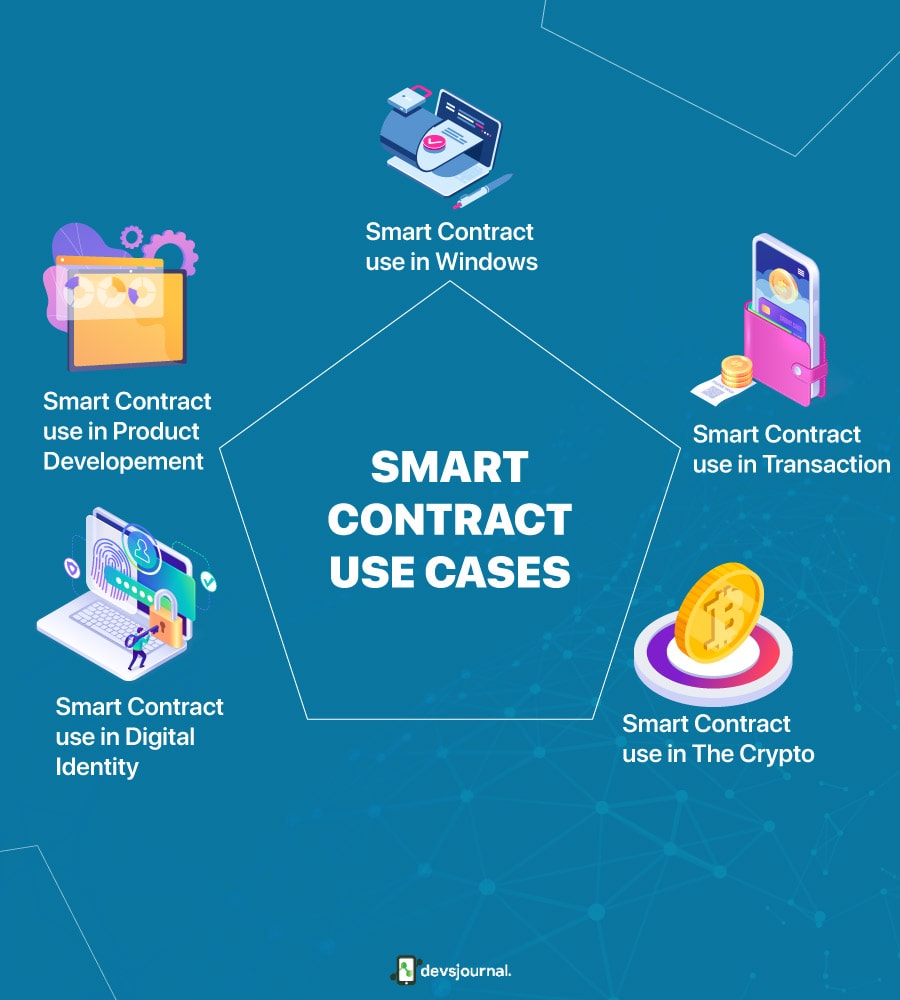
1. Smart Contract Use In Windows
If you want to start constructing smart contracts, the first place to go is REMIX, a good web-based IDE for creating solid, smart contracts that can be executed on any common web browser, regardless of the operating system. However, suppose you want to develop large projects. In that case, especially if you want to use frameworks, your best option is to set up a local environment on your computer, which might be challenging.
When powered by Ether “gas,” Ethereum developers can write and deploy custom smart contracts in Solidity — distributed software that can give a result that is propagated on the blockchain. The application could be as simple as a message generator or as complex and interesting as CryptoKitties.
2. Smart Contract Use In Transaction
Smart contracts can be used for a wide range of peer-to-peer transactions. This reasoning prompted the formation of the Ethereum Project and other similar organizations.
These platforms enable users of all sizes and shapes to create and agree on smart contracts. These contracts are then in effect until predetermined requirements are met.
The last component of the agreement can be completed after the smart contract is satisfied that all requirements have been met. This is usually a money transfer; however, that is not always the case.
Smart contracts have the potential to aid Trade Finance dramatically. According to Santander Innoventures, blockchain technology will result in more than $20 billion yearly savings by 2022.
Smart contracts will save a lot of money by automating approval workflows and clearing computations, which are currently extremely labor-intensive. This automation will help save labor hours and greatly reduce errors and the time required for these calculations.
3. Smart Contract Use In The Crypto
Contract execution takes place peer-to-peer, which is very close to decentralization. Clients can be simple Internet users who install the client on their computer; this concept is known as mining, and the computers that run the application are known as nodes.
In most cases, anyone can create a contract and publish it to the blockchain as part of a specific transaction. The code is run by a specific virtual machine, depending on the technology used.
The Ethereum virtual computer, for example, is used to run Ethereum smart contracts. The contract is funded, and some APIs are made available to expose the contract, allowing it to make transactions automatically following a specific agreement, just like the old payment system.
To summarise, blockchain using smart contracts provides the following benefits:
- Reduce costs by eliminating intermediaries.
- Reduce contract execution time by having every step performed automatically based on coded rules.
- It is a self-contained procedure that does not require the involvement of a third party.
- The cost of money transfers can be reduced by eliminating intermediaries.
- It provides a transparent system in which anyone with access to the blockchain may protect data and transactions from fraud. Changing the data within a blockchain while maintaining a coherent chain is impossible.
- The decentralization component prevents the system from collapsing, which occurs when a centralized system fails.
4. Digital Identity Use In Smart Contract
One of the most obvious smart contract use cases is digital identity. One of a person’s most precious possessions is their identity. It comprises three components: reputation, data, and digital assets.
When used effectively, a person’s digital identity can open up new avenues for them. Furthermore, digital identification can help protect the identity from counterparties while allowing him to share it with firms with whom he intends to share it.
For the time being, the internet allows you to connect to various services while unknowingly sharing your identity with organizations involved in mapping your identity.
In this case, smart contracts can allow counterparties to learn about an individual without knowing their true identity or confirming transactions. This seamless KYC can help boost interoperability, robustness, and compliance by utilizing smart contracts.
5. Product Development
The use of smart contracts in product development in various ways. Some of the important use cases in product development are listed below:
- Verify the authenticity of copyrighted material. This ensures that the goods consumer purchases are real and not perfect clones. It is feasible because the information kept on the blockchain is immutable, making it easier to verify, for example, that a given product belongs to a specific line of items.
- Keep your intellectual property secure.
- Interfering with a block inside a blockchain entails messing with all previous blocks, which eventually leads to tampering with the first block, which is impossible. Selling a product without a blockchain transaction will result in rejection.
One of the smart contract use cases for intellectual property is Ascribe. This service was introduced in 2014. It will assist each artist in preserving proof of ownership while protecting the protected property from unauthorized use and theft. In contrast to Ethereum smart contract examples, this one is built on Bitcoin.
It is designed so that each intellectual property owner can pick their own terms and conditions for the usage of their work. Without using an intermediary, the owner can interact directly with enterprises interested in adopting his work. As a result, the proprietor can efficiently sell his work.
Conclusion
This article concludes the discussion of smart contract use cases. Smart contracts are important to our economy because they enable the automation required for decentralized platforms. Smart contracts, among other things, provide a fresh problem-solving method in sectors such as escrow, clinical trials, insurance, and government operations!
These applications are linked to Ethereum smart contracts and blockchain smart contracts. If you’re looking for those, this is the post for you. We also discussed smart contract features so that you could better understand smart contract use-cases.

